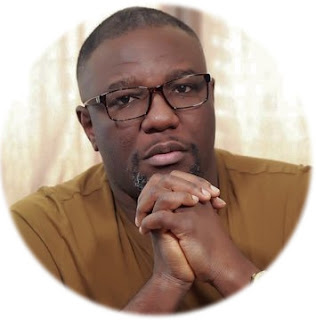 |
| Emeka Okonkwo |
Those extorting Nigerians attend one church or the other, pastors should speak against such extortion during sermons.
In reaction to the growing concerns about the extortion faced by Nigerian travelers at airports, Emeka Okonkwo, a prominent real estate consultant, has called upon pastors to incorporate discussions about correcting such behavior into their Sunday preachings. Okonkwo expressed his belief that individuals involved in such misconduct, including ticketing officers and several public office holders, attend church regularly, perceiving it as a humbling place.
Highlighting the prevalent issue of extortion at Nigerian airports, Okonkwo emphasized the urgent need for corrective measures to be taken. He expressed his concern over the power dynamics that allow certain individuals to exploit others, leading to a cycle of injustice and oppression.
"People like the ticketing officer and most office holders who oppress people in Nigeria attend church reverently; that is the place they feel humbled," said Okonkwo in a tweet on Twitter. "It is essential for pastors to use their influential platforms to address this issue and promote a change in mindset among these individuals."
Okonkwo's remarks shed light on the role of religious institutions in shaping societal values and behavior. He emphasized the importance of pastors using their sermons to educate their congregations about ethical conduct, particularly when it comes to positions of authority.
By incorporating discussions of corrective measures against extortion and oppression, pastors can potentially create a more conscious and empathetic society. Okonkwo further emphasized that these discussions should focus not only on individual responsibilities but also on systemic changes required to tackle the root causes of such behavior.
As the issue gains wider attention, it remains to be seen whether Okonkwo's appeal will resonate with pastors and prompt them to address this matter during their sermons. Advocates for change hope that religious leaders will recognize their role in fostering a just and equitable society, using their platform to promote discussions about ethical conduct and the eradication of systemic oppression.
As Nigerians continue to grapple with the challenges posed by extortion and other forms of corruption, the need for comprehensive and collective efforts to bring about change becomes increasingly evident. Okonkwo's call for action serves as a reminder that addressing these issues requires a multifaceted approach that encompasses various sectors of society, including religious institutions, to ensure a better future for all.







0 Comments